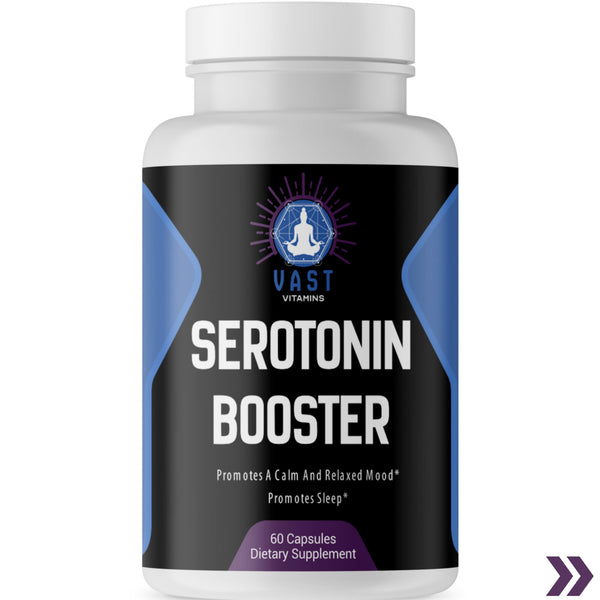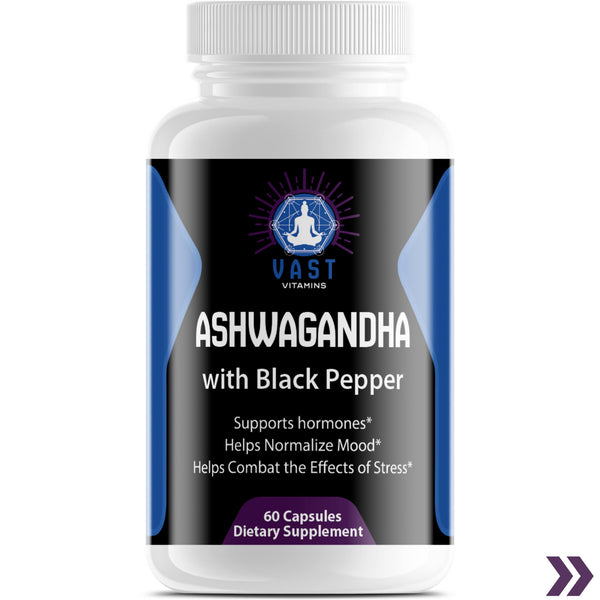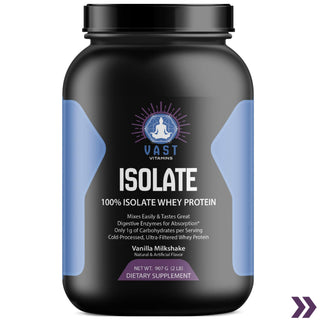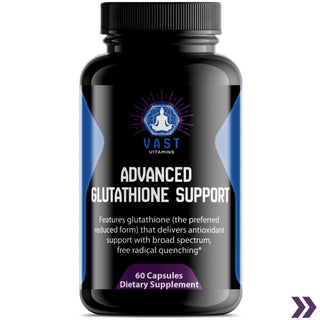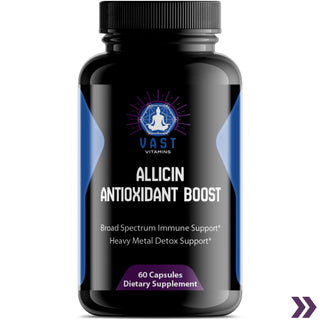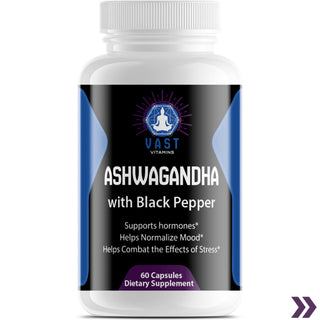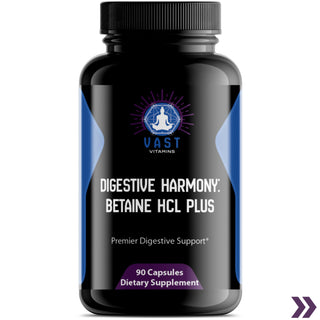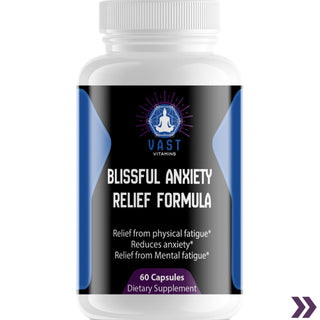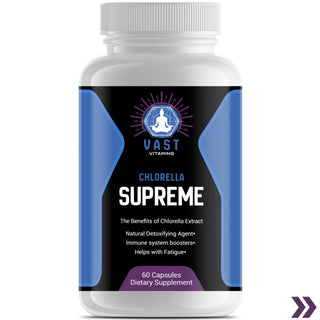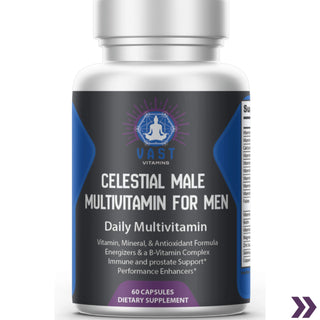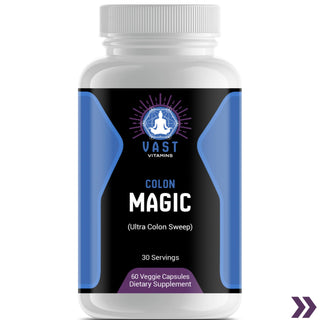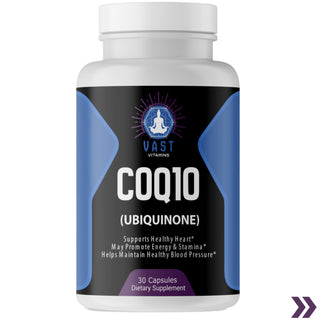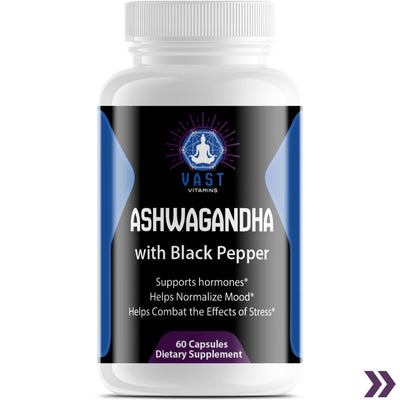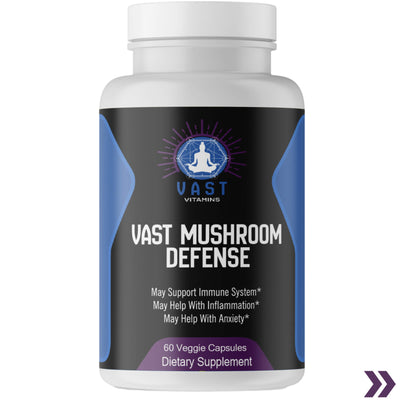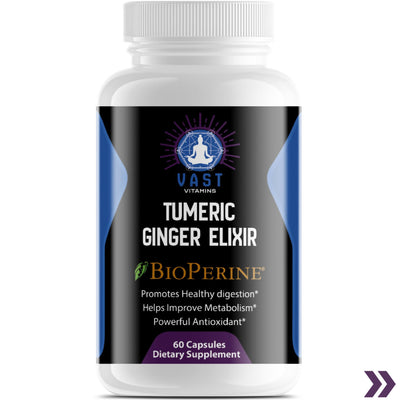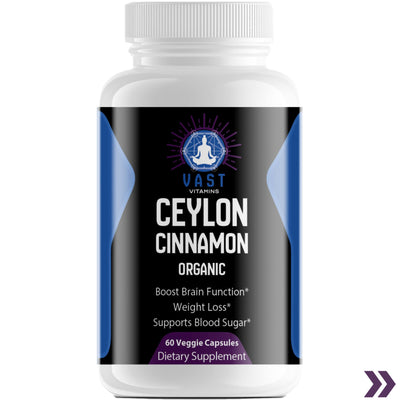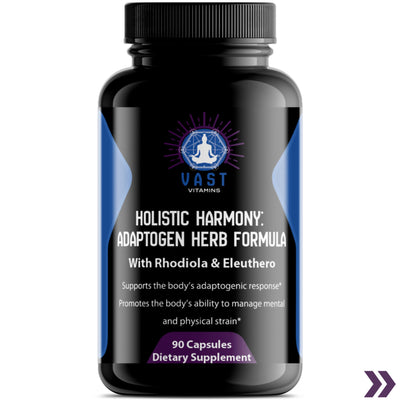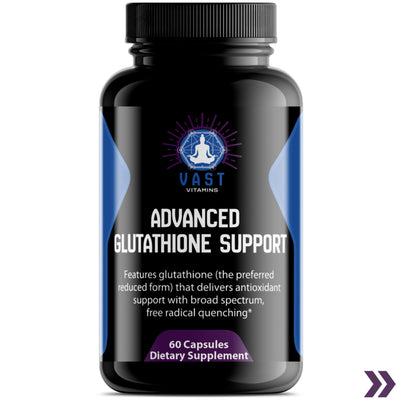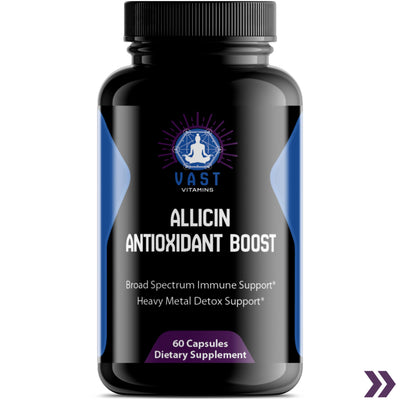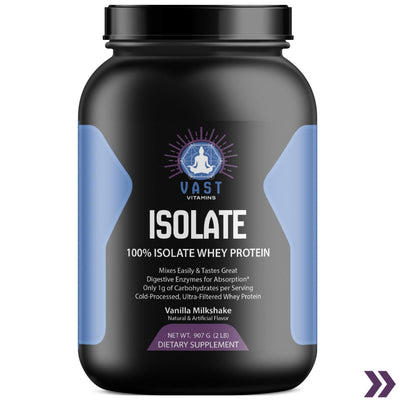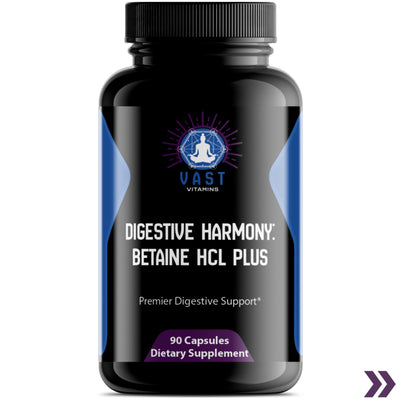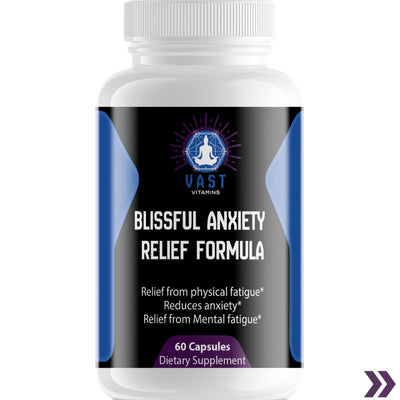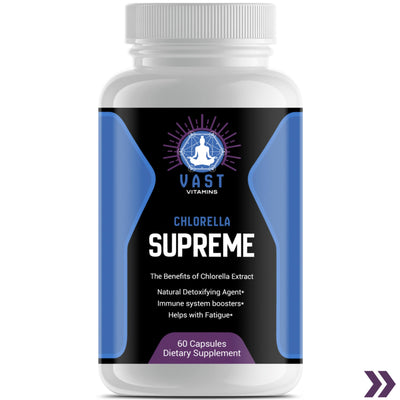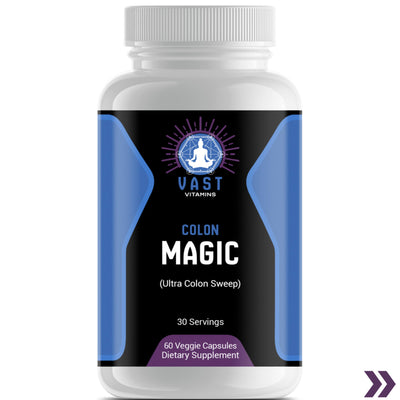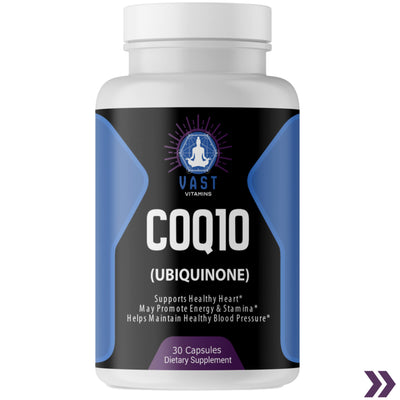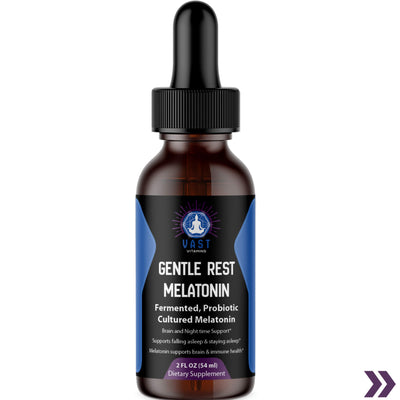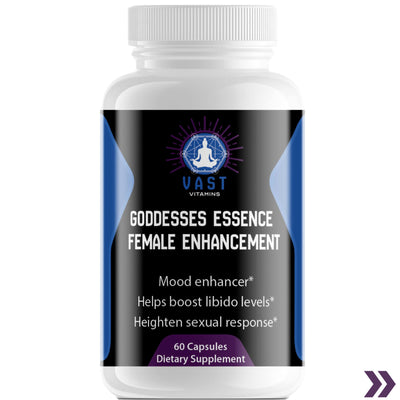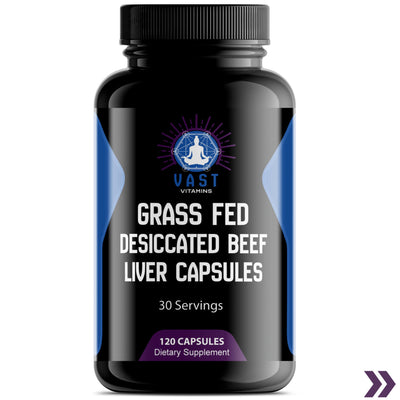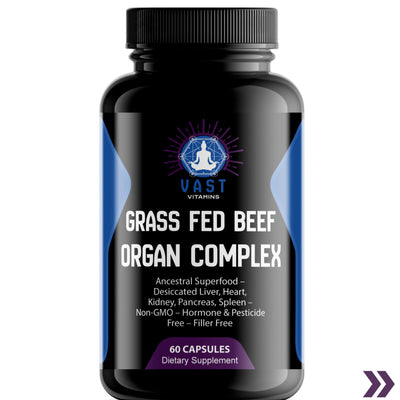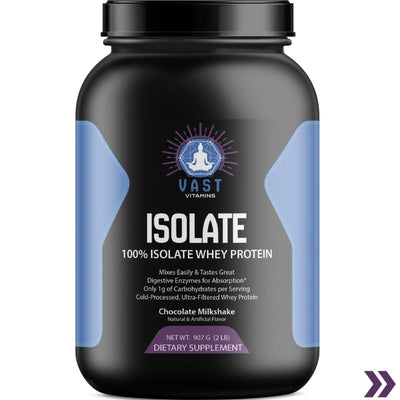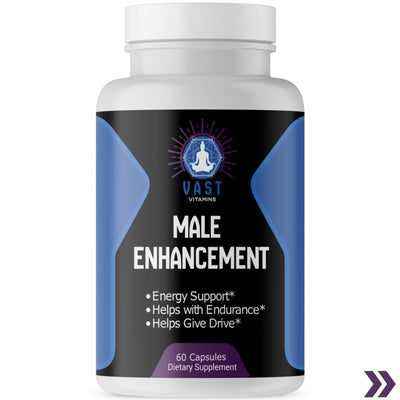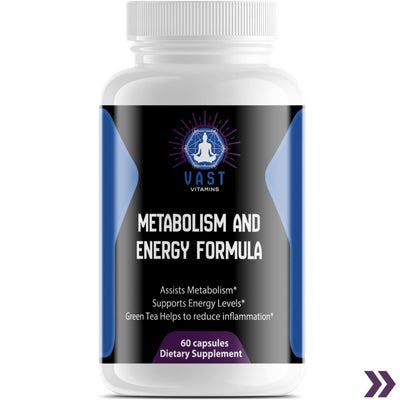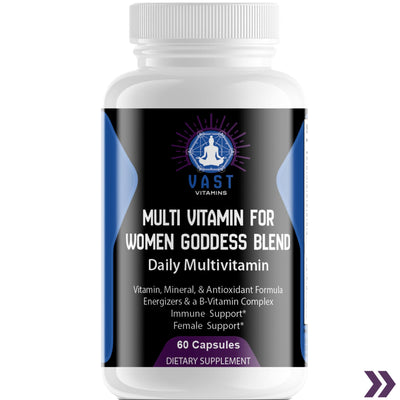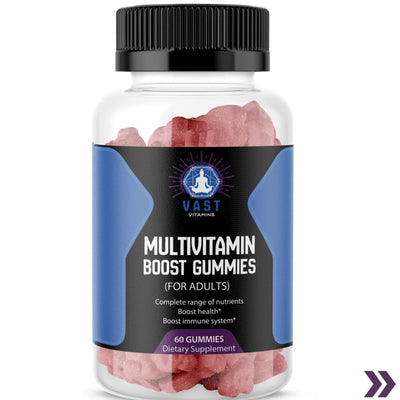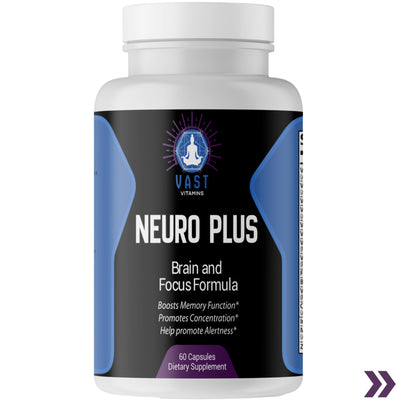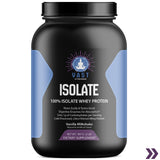Ashwagandha, alternatively known as Indian ginseng, is a herbal supplement that has been used in traditional medicine for centuries. Recently, it has made headlines due to its potential cognitive enhancing effects. Studies have shown that Ashwagandha may improve memory, attention and mental processing speed. The growing demand for natural and alternative remedies for cognitive health makes Ashwagandha an appealing option to explore. But what exactly is this wonder herb and how does it benefit our brains? Read on to find out more about the science behind the Ashwagandha craze!
Benefits of Ashwagandha
Ashwagandha is a popular herb that offers numerous benefits to the body and mind. From improving cognitive function to reducing anxiety, this natural ingredient has been used for centuries in Ayurvedic medicine. One of the primary benefits of Ashwagandha is its ability to promote cognitive health by enhancing memory, attention and mental processing speed. Regular use of Ashwagandha supplements can help individuals stay alert, focused and mentally sharp.Another benefit of Ashwagandha is its ability to reduce stress levels. Studies have shown that this herb can help lower cortisol levels, a hormone associated with increased stress levels in the body. Additionally, it may also improve sleep quality which further enhances overall mood and reduces fatigue during the day. With regular use, people often report feeling more relaxed as well as having an improved sense of wellbeing.
Overall, there are many reasons why Ashwagandha has become one of the most popular herbal remedies today. Whether you're looking for a natural way to boost your cognitive function or simply manage daily stress levels better, incorporating Ashwagandha into your diet could offer significant benefits for both physical and cognitive health alike!
Overview: What is Ashwagandha?
Ashwagandha is a popular herbal supplement that has been used in traditional medicine for centuries. Also known as Indian ginseng, this herb may be beneficial for cognitive function and overall health due to its unique properties. The active compounds in Ashwagandha include withanolides, alkaloids, and saponins which are believed to have anti-inflammatory and antioxidant effects.Research has shown that Ashwagandha may improve memory, attention span, mental processing speed, and reduce stress levels. This makes it an attractive option for those looking to support their cognitive function naturally without relying on prescription medications or invasive treatments.
As the demand for natural remedies continues to grow worldwide, more studies are being conducted on the efficacy of Ashwagandha in promoting cognitive health. If you're interested in exploring this ancient herb for yourself, consider talking to your healthcare practitioner first before adding it into your daily routine.

Physical Effects: Improved Stamina & Endurance
In addition to its cognitive enhancing effects, Ashwagandha has also been found to improve physical stamina and endurance. This is due to the herb's ability to reduce stress levels and increase energy production within the body. One study showed that individuals who took Ashwagandha had increased endurance during exercise compared to those in the control group.Improved stamina can benefit a range of individuals from athletes looking for a boost in their performance, to everyday people trying to keep up with their daily tasks. Regular consumption of Ashwagandha may help alleviate fatigue and provide more sustained energy throughout the day by increasing oxygen delivery, decreasing inflammation, and improving cellular function.
Additionally, improved endurance means better cardiovascular health which reduces risk factors associated with heart disease such as high blood pressure or elevated cholesterol levels. Overall, incorporating Ashwagandha into one's daily routine may lead not only to cognitive benefits but also boost physical well-being through improved stamina and endurance abilities.
Cognitive Function: Memory & Concentration
Cognitive function, which includes memory and concentration, is vital for our daily lives. Our brains rely on these two abilities to retain information, complete tasks and make decisions. However, with aging and lifestyle changes such as stress or lack of sleep, our cognitive functions can decline. This is where Ashwagandha comes in as a potential remedy.Studies have shown that Ashwagandha has neuroprotective properties - it protects the brain from damage caused by stress and reduces inflammation. In addition to this, it has been proven to enhance working memory - the ability to hold information temporarily while performing a task - and improve cognitive processing speed.
The potential benefits of Ashwagandha for cognitive function are exciting news for those seeking an alternative solution to prescription drugs or caffeine-based supplements. While further research is needed to fully understand its effects on cognition, the findings so far suggest promising results in improving memory and concentration using natural sources like Ashwagandha herbal supplements!
Mental Health Benefits: Stress Reduction & Sleep Quality
Apart from its cognitive enhancing effects, Ashwagandha offers a range of mental health benefits. One such advantage is stress reduction. Several studies suggest that Ashwagandha possesses adaptogenic properties, meaning it can help the body cope with stress and anxiety by lowering cortisol levels. High levels of cortisol are associated with chronic stress and may lead to mental health disorders such as depression, anxiety, and sleep problems.Speaking of sleep problems, another mental health benefit of Ashwagandha is improved sleep quality. Poor sleep affects our overall wellbeing and can result in several physical and psychological issues. Research indicates that the herb has sedative effects which aid relaxation and support healthy sleeping patterns. By reducing anxiety levels that often interfere with restful nights' slumber, using Ashwagandha could be an effective way to boost both your brainpower during waking hours and your overall well-being when at rest!
Scientific Evidence: Clinical Trials
Clinical trials are an essential tool for obtaining scientific evidence to support the effectiveness of a treatment or supplement. These studies involve recruiting participants and randomly assigning them either to receive the intervention being investigated or a placebo. The outcomes of interest are then measured, and statistical analysis is performed to determine whether there is a significant difference between the two groups. Clinical trials must follow strict ethical guidelines, and their results should be reported transparently.In the case of Ashwagandha, several clinical trials have been conducted to investigate its potential cognitive enhancing effects. For instance, one study found that adults who received Ashwagandha extract had improved reaction time and task performance compared to those in the placebo group. Another clinical trial demonstrated that individuals taking Ashwagandha had enhanced memory skills as well as reduced anxiety levels.
Overall, these studies provide some initial evidence supporting the use of Ashwagandha extract for cognitive enhancement. However, more research is still needed before definitive conclusions can be made about its benefits and safety profile over long-term use. As with any other supplement or medication, it's always advisable to consult with your healthcare provider before starting any new dietary regiment containing ashwagnada herbal supplements or making changes in your medical care routine plan(s).
Side Effects & Safety Considerations
While Ashwagandha may offer potential cognitive benefits, it is important to consider the side effects and safety considerations before taking any herbal supplement. Commonly reported side effects of Ashwagandha include stomach upset, nausea, and diarrhea; however, these are usually mild in nature. It is always advisable to start with a small dose to see how your body reacts to this supplement.It's also important to note that certain populations should not take Ashwagandha without consulting their healthcare provider. Pregnant or breastfeeding women, individuals on medication for thyroid disorders, or those with autoimmune diseases such as multiple sclerosis and lupus should avoid taking this supplement altogether. Additionally, those scheduled for surgery should stop taking Ashwagandha at least two weeks prior due to its possible effect on blood sugar levels.
In summary, while there appears to be promising research supporting the cognitive enhancing abilities of Ashwagandha and it can be an appealing option for some individuals seeking natural alternatives for cognitive health support – caution must be taken when deciding whether or not this herb is appropriate given individual medical histories and conditions.
Conclusion
In conclusion, Ashwagandha has shown promising results in improving cognitive function. Its ability to boost memory, attention and mental processing speed make it an attractive option for individuals seeking natural remedies for brain health. With the increasing interest in alternative medicine and natural remedies, Ashwagandha is emerging as a popular choice among consumers. While more research is needed to fully understand the mechanisms behind its cognitive enhancing effects, studies suggest that Ashwagandha works by reducing stress levels and inflammation in the brain. This may lead to improved neural connectivity and overall brain function.
Overall, Ashwagandha's potential benefits for cognitive health are certainly exciting. However, it's important to keep in mind that there is still much to learn about this herb before we can consider it a definitive treatment option for cognitive disorders. As with any supplement or medication, you should always consult with your healthcare provider before starting Ashwagandha or making any changes to your existing treatment plan.

FAQ Cognitive Function Boosted With Ashwagandha.
1. What is Ashwagandha and what are its benefits?
Ashwagandha, also known as Indian ginseng, is a herbal supplement that has been used in traditional medicine for centuries. It offers a plethora of benefits, including improved cognitive function, stress reduction, improved sleep quality, and physical stamina enhancement.























